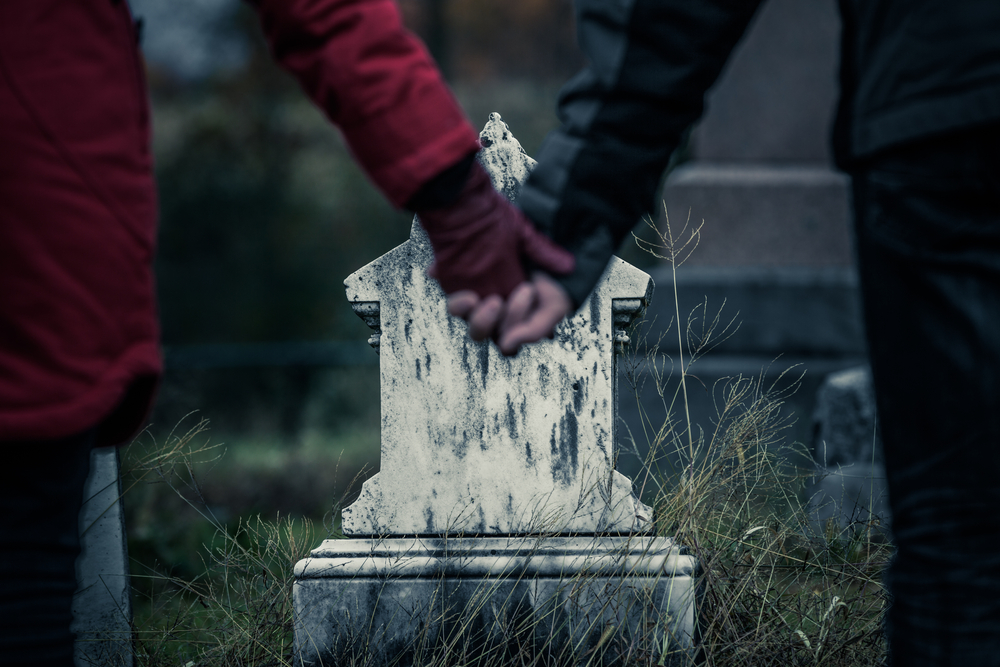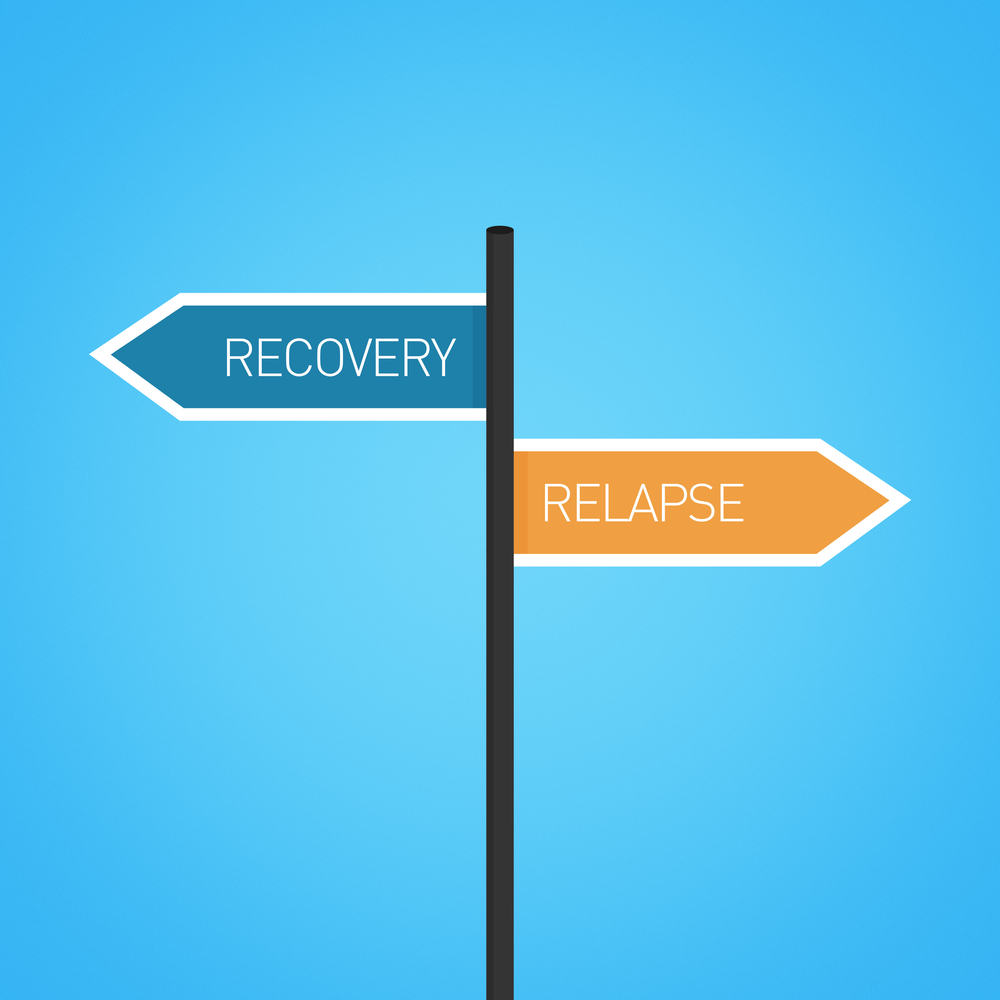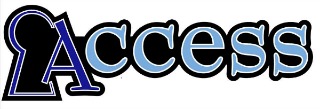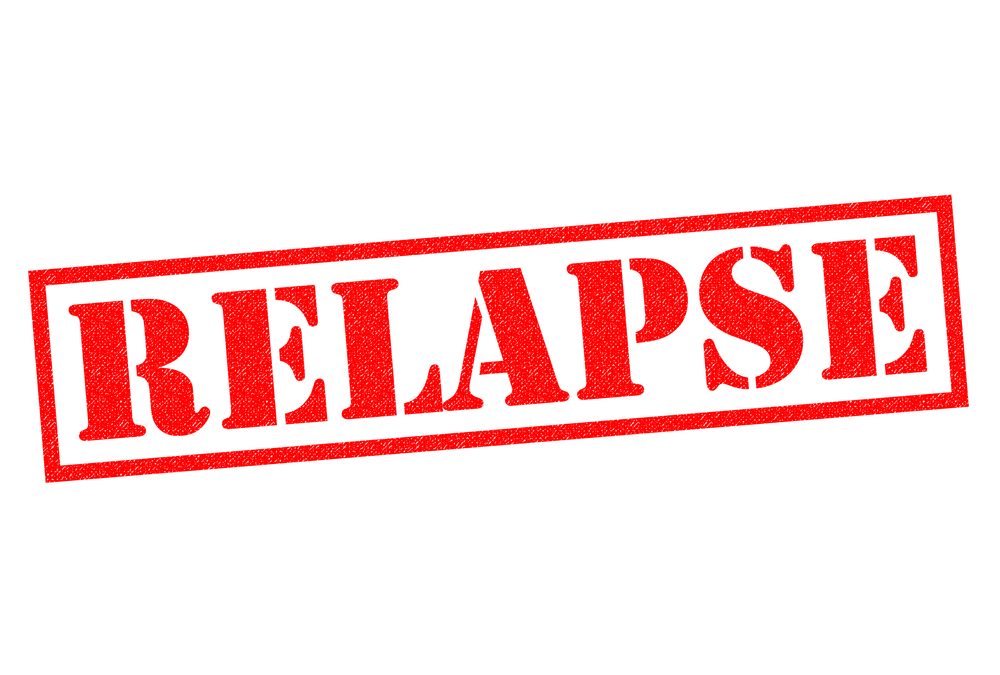Triggers for Relapse
Tough times can lead to relapse. Know the triggers and methods to prevent relapse, so you’re prepared no matter what life throws at you. You’ve put in the work to manage your substance use disorder, so don’t give up your progress. Also know that relapse does not mean recovery is over; in fact, it’s part of the process for many.
 Bad-Seeming Triggers
Bad-Seeming Triggers
Are money problems stacking up? Did your self-esteem drop? Did you just go through a breakup or lose a loved one? You may have an increased risk for relapse. As things fall apart in your personal, professional or social life, you may find yourself craving drugs and alcohol as a ‘solution’ to your problems.
- Stress – Stress can be a good thing, but if you let it build up to toxic levels, you may end up in a situation where you don’t know what your outlet is. You may resort to drugs and alcohol out of mere desperation and frustration due to feeling out of control.
- Poor Sleeping & Eating Habits – If you don’t take care of your physical health, your emotional health will suffer. Weakening your resolve through poor life choices can make you closer to caving to drug or alcohol use.
- Not Attending Therapeutic Events – Whether you regularly meet with a therapist or go out with friends every week for a good, healthy time, forgetting to care for yourself or deliberately missing these opportunities for self-care hurts. If you’re not mindful or dedicated to your care, you can let yourself slip into relapse.
- Risky Behavior – If you hang out with friends who use, or put yourself in a toxic situation where someone/something triggers you to use, you may be at increased risk.
- Glamorizing Past Use – Likewise, seeing your history of drug and/or alcohol use as a good thing can be detrimental. Like reflecting on an abusive relationship by seeing the abuser in a positive light, wearing past use as a badge can lead you to rationalize consumption and fall into the same pattern.
- Planning Relapse – An even more blatant trigger is sitting and thinking about the next time you’re going to imbibe. If you catch yourself planning why and how you’re going to relapse, you should talk to someone to step off the ledge.
 Good-Seeming Triggers
Good-Seeming Triggers
Did you know things that seem to go well can trigger relapse? Lesser known triggers are out there, so let’s identify a few.
- Happy Romantic Relationship – If you and your partner are smooth-sailing lately, that doesn’t mean you are safe from cravings for drugs and alcohol. When your partner drinks and gets high recreationally, justifies just one drink or two, relapses themselves or takes time from you that you can use for therapy, you may feel triggered to use again.
- Getting into A Good School – If you’re a young adult that tried hard to get into a good college and achieved your goal, you may feel proud of the goal you achieved (for good measure). But then the stress of college life might weigh down. You may feel less interested in your area of study, or pressed for time and money. Also, it may be hard to use your support system, while balancing difficult work.
- A New Job – You may have aced your interviews and worked hard to get to the place you want to be, but you may find that you are surrounded by coworkers who use alcohol and drugs constantly. Moreover, the work itself may challenge you more than anticipated and cut into your free time and self-care habits.
- Vacation – A well-known trigger, vacation may put you in proximity with other people who use drugs and/or alcohol to relax. In addition, being placed in a familiar environment makes you more susceptible to losses such as losing a ticket or even your passport. The positive stress of vacation can turn into a negative trigger for alcohol and drug use.
- Feeling Confident Being Sober – Perhaps the least obvious, your self-composure and confidence in choosing a life without drugs and alcohol, as well as your better health habits, may give you a clear head and sense of control on your life. This control may create the illusion that you deserve a reward and can handle a drink or two and use other substances recreationally.
 How to Prevent Relapse
How to Prevent Relapse
Know Your Triggers
If you struggle with a certain memory, feeling, place, situation, time of year, day of week or thought that makes you crave alcohol or drugs, you have a trigger. That doesn’t mean you can or should avoid the triggers; rather, you should control your response to them. After all, you cannot end ‘Fridays.’ An important task is to identify your triggers ahead of time, so when you engage them, you understand how to respond. Think of all the triggers you have so you can understand better how to manage them.
Imagine a Scenario
Many times craving drugs and alcohol is an impulsive, emotional choice. Thinking through the consequences of relapse can help prevent making a mistake. Think about the next drinks after the first and the hangover you might have, or the shame you will feel telling a loved one you relapsed. Think about the dangers of overdose. Simply remind yourself the reasons you quit in the first place and use them to guide your decision to not use.
Tell Someone
If you’re struggling with cravings, communicate with a friend. Don’t go the road of recovery alone. People you trust will help you if you let them.
Triggers Are Everywhere.
But you aren’t helpless. At Access Counseling Group, we work with you to develop a strategy to overcome triggers every time. Recovery is not a linear process; expect challenges, which are plenty. If you’re on your toes and accountable to your therapist, you can and will achieve a more comfortable relationship to your past use Your past does not define you if you don’t want it to.

